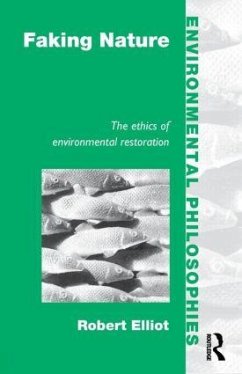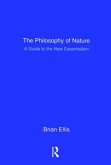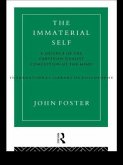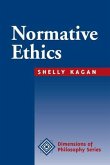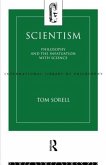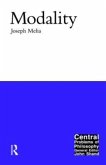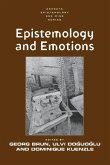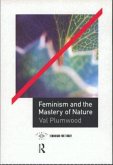Faking Nature explores the arguments surrounding the concept of ecological restoration. This is a crucial process in the modern world and is central to companies' environmental policy; whether areas restored after ecological destruction are less valuable than before the damage took place. Elliot discusses the pros and cons of the argument and examines the role of humans in the natural world. This volume is a timely and provocative analysis of the simultaneous destruction and restoration of the natural world and the ethics related to those processes, in an era of accelerated environmental damage and repair.
'This book raises a number of important questions for anyone involved in debate of human-induced environmental change. It serves both as a kind of expose of the restoration proposal, and as an introduction to a broader discussion of what it is that people value in various kinds of landscapes.' - The Journal of Value Inquiry
'This book raises a number of important questions for anyone involved in debate of human-induced environmental change. It serves both as a kind of expose of the restoration proposal, and as an introduction to a broader discussion of what it is that people value in various kinds of landscapes.' - The Journal of Value Inquiry

